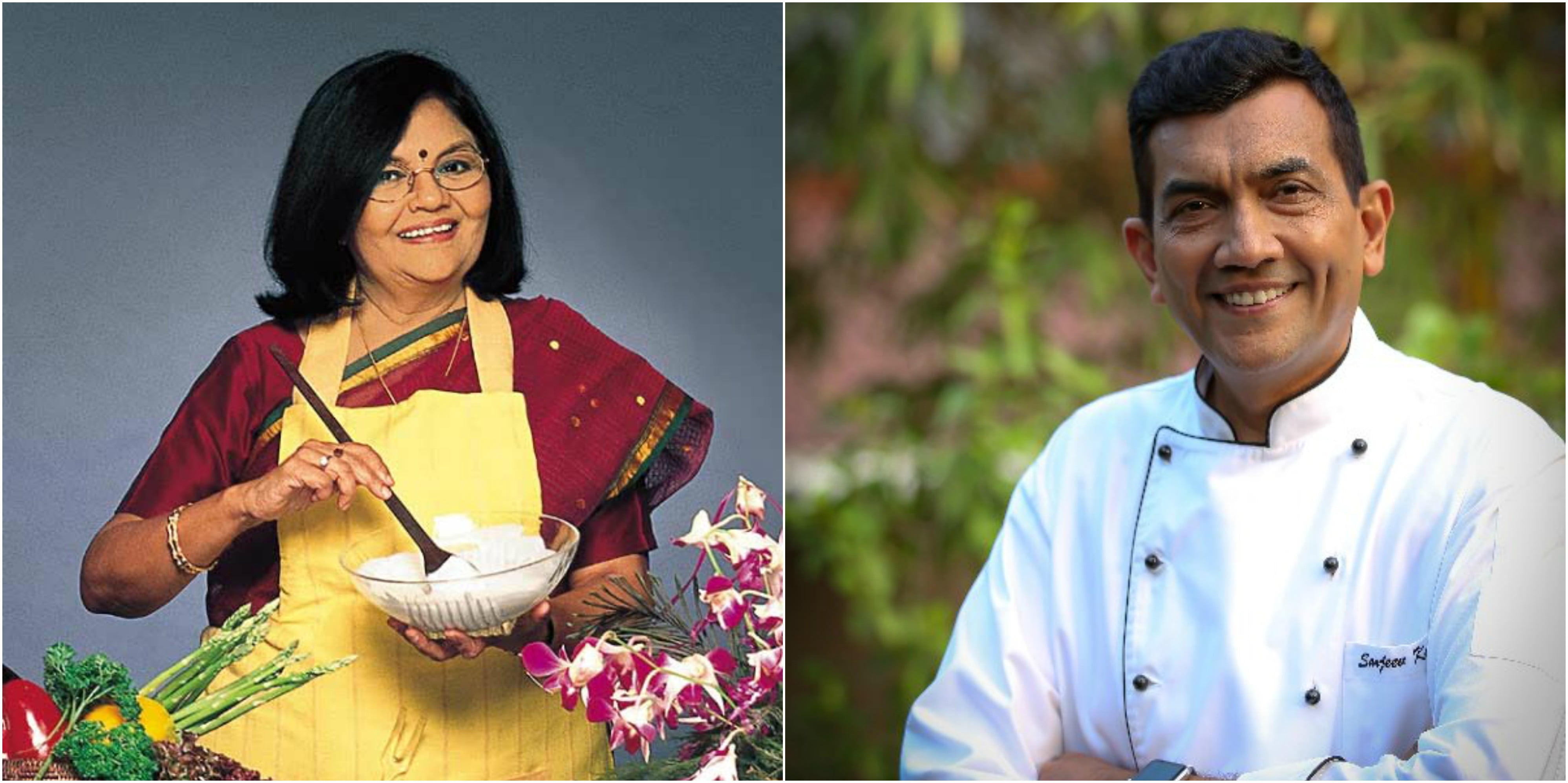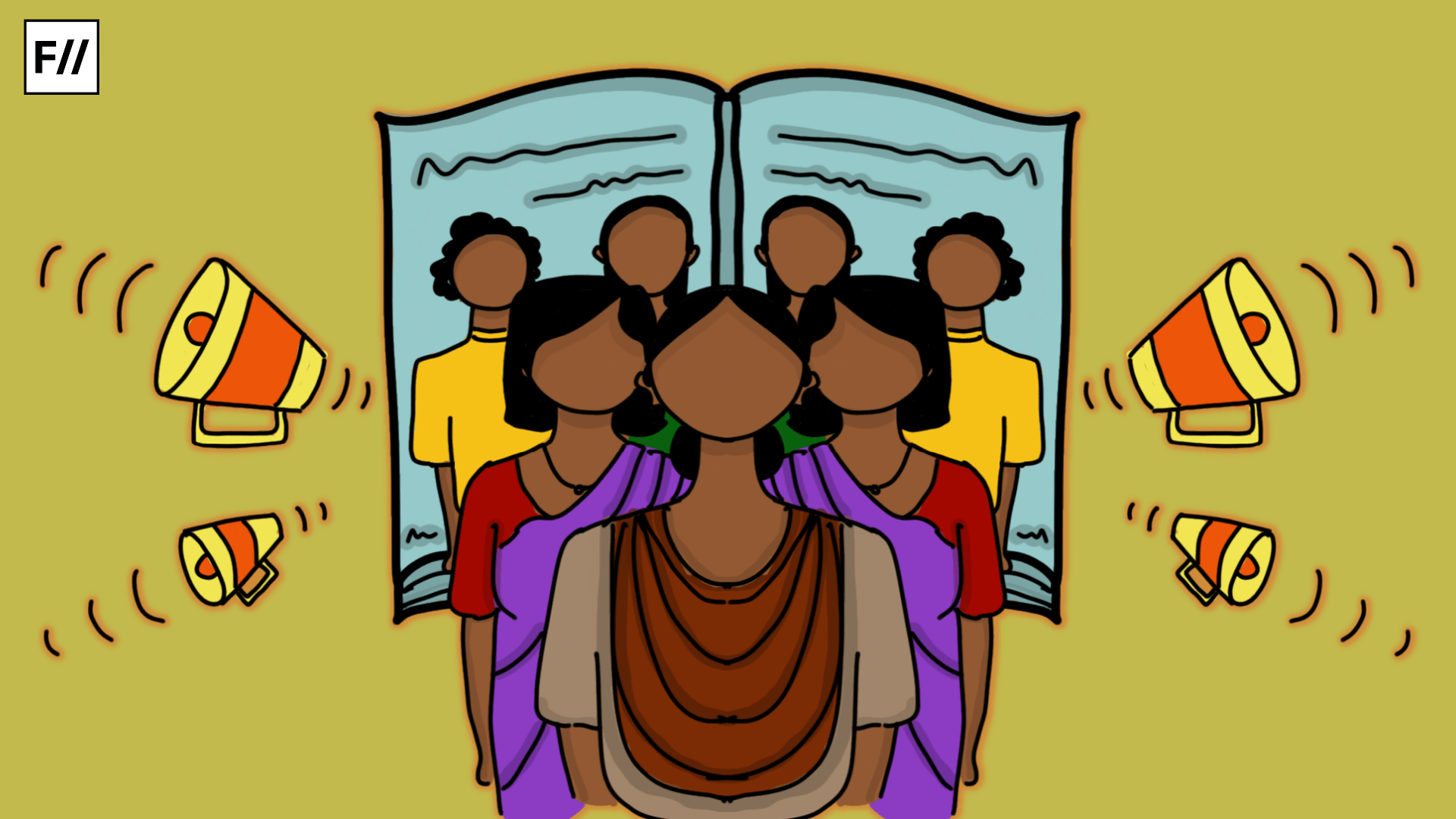Betty Draper is the wife of protagonist Don Draper on the very binge-able Netflix drama – Mad Men. The series, set in 1960’s New York, shows an acute juxtaposition between Don’s hectic and scandalous professional life along with Betty’s confined, utterly domesticated personality. She is the poster girl for the perfect wife – beautiful, meticulous with her parenting and more importantly – a whiz in the kitchen and almost always found there.
Throwing the perfect dinner parties which include shrimp cocktails along with perfectly paired wine, Betty makes sure she never falls short in her culinary expeditions. She is held responsible for buying the food, cooking it, making sure it tastes well and in case anything goes wrong, she knows that she will be the only one to blame.
Even though Betty Draper existed only on reel in a country 12 time zones away, it was fascinating to see that a version of her was found in my home in the form of a nani (maternal grandmother), dadi (paternal grandmother) or masi (aunt) and even mother.
the gendering of food and the experiences related to it are becoming a cultural phenomenon.
It was an unwritten and uncontested rule that the women “handled the food department” in any instance that the family came together for an event. Whether it is a picnic or a puja (prayer ceremony), the women had to not only to cook but also assume the role of a nurturing figure and make sure that everyone’s needs are satiated before they even consider their own.
The kitchen, not just in my home, but across various cultures has become a gendered space because women are burdened with the assumption that they’re supposed to be intuitively good at cooking and moreover, they have to do it to primarily serve others.
Also Read: Indra Nooyi’s Lady Chips & The Troubling Ideas Of Gendered Marketing
Sexism within food is not just a domestic practice, it has become systematized behaviour. When Indira Nooyi talks about introducing lady chips for more “feminine eating experiences” or Manohar Parrikar fears women who drink beer, it is evident that the gendering of food and the experiences related to it are becoming a cultural phenomenon. When visiting restaurants, men are offered the menu first, considered the dominant voice for ordering, and even presented with the bill at the end – it is the same system manifesting itself at a smaller level.
There are also commercial representations of men and women with respect to food which are so starkly different, especially in Indian media. The notion has leaked into popular advertising where women are almost always being handed the role of the “maa” who is making breakfast, is in a dilemma of how to feed her children, or is looking after her husband’s health.
On one hand, while men are allowed to be unhealthy and lax as the ideas of beers, meats, and barbecues have been related to extreme masculinity; women have to stick to salads, teas and healthy alternatives as they are seen to be more feminine. The presence of the latter has become so universally evident that it also resulted in a pushback from pop culture with the ‘Women Laughing Alone With A Salad’ becoming a popular Tumblr satirical theme.
https://www.youtube.com/watch?v=W_Z_7HmywtM
Finally, there is also the professional culinary world where tables turn and women are (ironically) underrepresented as faces of professional cooking spaces. In this article, which talks about recognized Indian chefs, out of the 11 Indians listed only 3 are women and moreover none of them is a professional chef; they are all recognized cooks and cookbook authors instead.

Image Credit: Time
There is also the Indian franchise of Masterchef where the three judges have been men for all its seasons. Not to mention this Time magazine cover talking about The Gods of Food which very evidently has an all-male-chef presence. The women are being overlooked, and we are used to them being overlooked.
Some may argue that there are the Madhur Jaffreys and Tarla Dalals of the culinary world who get their fair share of representation. However, they too, apart from being the only few women who are in the limelight, have been reduced to TV personalities and soothing, motherly presences.
Men conventionally represent dominance, fierceness and aggression – all of which are values associated with the environment of a professional kitchen and apparently, women just can’t be all that. It not that there aren’t any women in the culinary circuit, it’s just that they are not popularized by the media as well as a Vikas Khanna or a Sanjeev Kapoor.
the ideas of beers, meats, and barbecues have been related to extreme masculinity.
Food and its consumption is not just an activity for life sustenance anymore. There is a whole cultural and sociological context built around it over the years and unfortunately, a lot of it doesn’t favour women.
So the next time you’re having a discussion at the office watercooler try to mention Pooja Dhingra – a pastry chef with her own franchise of patisseries in Bombay or Aarthi Sampath – the Chef de Cuisine at Junoon in New York. Try to call out advertisements which feature women only as domesticated caretakers and mothers, or maybe have a conversation with your own and her experiences with patriarchal food habits. Cultures don’t change overnight but the conversations and critiques around them could.
Also Read: ‘MAA’vellous Tales: Ever-Growing Obsession With Mothers In Advertisements
Featured Image Credit: Bollywood Life and Twitter
About the author(s)
Shruti spends the better half of her day learning about feminism or tweeting about it. She intends to travel more and eat foods she can't spell.




